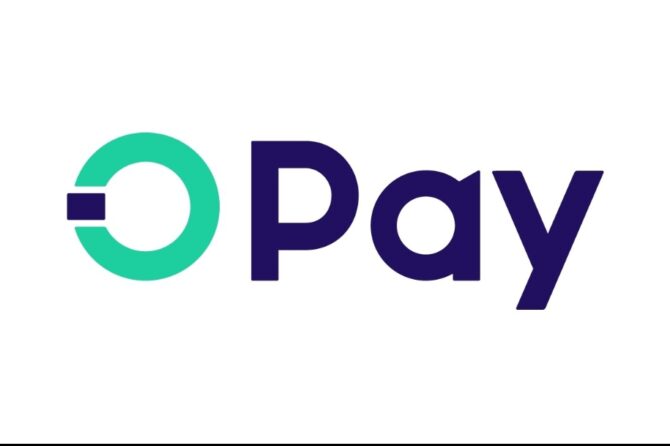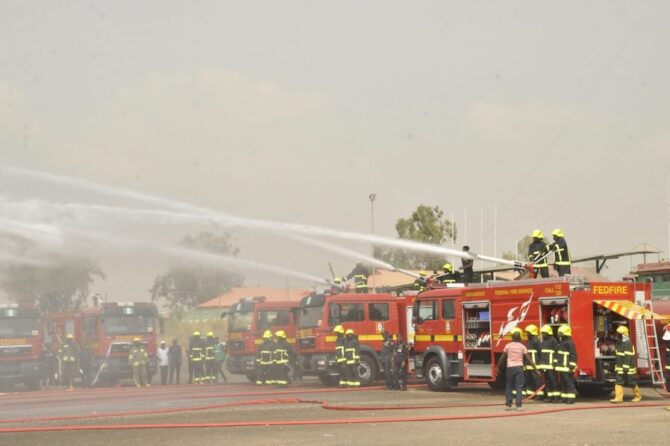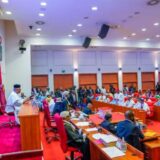Dangote Refinery Suspends Petrol Sales in Naira: A Strategic Move Amid Economic Pressures
LAGOS — Dangote Petroleum Refinery, Africa’s largest refinery and a critical player in Nigeria’s energy sector, has temporarily halted petrol sales in naira. This decision comes amid ongoing challenges with crude oil supply agreements and currency volatility, which have significantly impacted the refinery’s operations. The announcement has sparked widespread debate about its implications for fuel prices, currency stability, and Nigeria’s economy.
Background: The Naira-for-Crude Agreement Breakdown
The Nigerian National Petroleum Company Limited (NNPCL) had initially agreed to supply 385,000 barrels of crude oil per day to the Dangote Refinery, with payments to be made in naira. This arrangement was aimed at reducing Nigeria’s dependence on foreign exchange for fuel imports and stabilizing local pump prices. However, NNPCL has struggled to meet its crude supply commitments, delivering only a fraction of the agreed volume since the refinery’s inauguration.
The refinery has been forced to procure crude oil from international markets in U.S. dollars, exposing its operations to foreign exchange risks. According to Dangote Group officials, this currency mismatch has created significant financial strain, leading to losses of approximately ₦2.7 trillion ($1.7 billion) in 2023 alone.
Reasons for the Suspension
- Currency Volatility: The devaluation of the naira has made it increasingly difficult for Dangote Refinery to balance its dollar-denominated crude purchases with naira-based sales of refined products.
- Supply Challenges: NNPCL’s inability to fulfill its crude oil supply obligations has left the refinery reliant on expensive international crude purchases.
- Operational Costs: Rising costs associated with transporting refined products across Nigeria due to poor infrastructure and security challenges have further compounded the issue.
Implications for Nigeria
- Fuel Price Hikes: The suspension of naira sales could lead to an increase in petrol prices as marketers may need to source dollars for purchases.
- Naira Depreciation: Increased demand for dollars could put additional pressure on the already weakened naira.
- Monopoly Concerns: Critics argue that Dangote Refinery’s dominant position in Nigeria’s downstream sector could lead to limited competition and higher prices.
Government Response and Next Steps
The Federal Government is reportedly working on a revised agreement with Dangote Refinery to address these challenges. Discussions include ensuring consistent crude supply in naira and exploring alternative distribution mechanisms to reduce logistical bottlenecks.
Dangote Refinery has assured Nigerians that it remains committed to stabilizing fuel supply and will resume naira-based sales once a sustainable solution is reached.
Conclusion
The suspension of petrol sales in naira by Dangote Refinery underscores the complexities of Nigeria’s energy sector and the broader economic challenges facing the country. As negotiations continue between Dangote Refinery and NNPCL, the outcome will have far-reaching implications for fuel prices, currency stability, and economic growth.

















